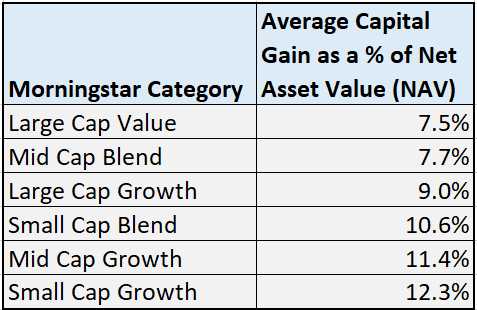After your taxes are complete it is always a good idea to go through your records and organize what you should keep and what you can get rid of.
How long to keep records is a combination of judgment and state and federal statutes of limitations. Since federal tax returns can generally be audited for up to three years after filing and up to six years if the IRS suspects underreported income, it’s wise to keep tax records at least seven years after a return is filed. Requirements for records kept electronically are the same as for paper records. Many records can easily be kept on-line now and downloaded and to your computer, external drive or cloud account.
Records Retention Guideline # 1: Some items should never be thrown out
This is because these items would be hard to replace and you may be asked to provide them later in life. I suggest storing these “permanent records” in an expanding file or wallet – preferably in a fire safe box:
- Income tax returns: if the return is uncomplicated then you only need to keep it for 7 years.
- Important correspondence.
- Legal documents.
- Vital records (birth/death/marriage/divorce/adoption etc.).
- Retirement and pension records.
- Year-end investment statements.
- If the investments are transferred to another account make sure the cost basis has transferred over correctly.
- IRA non-deductible contributions (Form 8606).
- Will and Trust documents.
- Records of paid mortgages and other loans.
Records Retention Guideline # 2: Everything Else
You should retain these records according to the following guidelines:
- Home purchase documents – Ownership period + 7 years.
- Property records/builder contracts/home improvement receipts (keep until property is sold – needed for taxes)
- Car purchase and sale records (keep until car is sold + 3 years).
- Insurance policies (keep for life of policy).
- If policy is changed to another company make sure that you keep the files together.
- Sales receipts (keep for life of warranty or life of the item on large purchases).
- Warranties and instructions (keep for life of product).
- Medical bills – keep for 3 years or longer if there are any reimbursement questions.
- No need to keep monthly statements for credit cards, bank statements, utilities, etc. if you receive a year end recap or are able to go online and view up to 3 years of statements.

